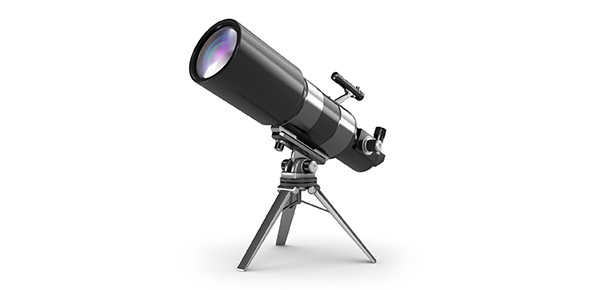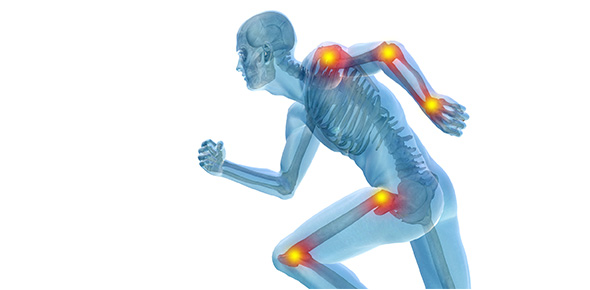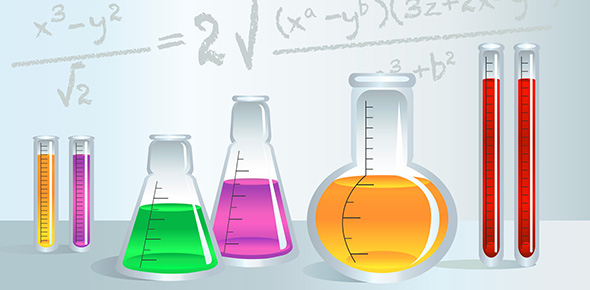Related Flashcards
Related Topics
Cards In This Set
| Front | Back |
|
Major Tenets of Cognitive intervetion
|
*Directed toward identifying and changing client's maladaptive cognition.
*Deals with Thoughts about the Self but does not focus on personality Key Concepts that form basis of cognitive therapy: Cognitive Mediation Schema Automatic Thoughts Cognitive distortions |
|
What is Cognitive Mediation?
|
How we perceive events; cognitive mediation Shapes our emotional and behavioral response to event.
|
|
What are Schemas? (Cognitive Interventions)
|
Our thoughts are guided by our schemas;
Organized knowledge structures that influence how we perceive, interpret, and recall info. |
|
What are Automatic Thoughts? (Cognitive Interventions)
|
Thoughts that are driven by our schemas. Happen so quickly that we are unaware we have them or are effected by them.
Causes Cognitive to overlap with Psychodynamic bec of having thoughts that we are unaware of, however for cognitive they are not deeply buried or inaccessible. |
|
What are cognitive distortions?
|
Distorting ways of thinking depending on the mental stablity of the individual.
For example, a depressed person will recall a negative event in a much more negative way than a mentally healthy person. |
|
Assessment in Cognitive Therapy
|
Similar to behavioral but cognitive therapists are particularly interested in developing a detailed understanding of chinicity, intensity, and extent of automatic cognitive distortions.
Therapist builds an alliance with client on the education of the client's problems in cognitive impairments |
|
Thought Record/ Tracking
2-column record 5-column record |
One of most common techniques for cliets
Keep records of events that have emotional significance. Record when event happened and initial automatic thoughts |
|
Reasons for popularity of Cognitive-Behavioral Interventions?
|
-Empircal evidence exists for effectiveness
-Straightforward, problem-oriented approach -Designed around specific problem behaviors or cognition so the translation from symptom to treatment is relatively clear. -Scripted interventions with structured procedure manuals focusing on a particular disorder. |
|
Major Tenets of Other Interventions
|
System Approaches
Interactive Approaches Biopsychosocial approaches eclectic approaches |
|
What are system approaches?
|
Not focusing directly on patient, but on patient's "System" (group of family, friends, peers, co-workers)
The system has homeostasis (Balance or resting point of system) so Therapist tries to change the homeostasis of the system in order to correct problem. |
|
What are Interactive Approaches?
Diathesis and Gene-environment interaction |
Diathesis- We all carry certain predispositions to types problems, however not strong enough to cause dysfunction until mixed with a stressor or triggor which causes illness to surface.
Gene-Environment Interaction- genes are not enough to make problem/ certain behavior; environment is influence as well. |
|
What are Bio Psychosocial Approaches?
|
Mix of Biological, Psychological, and Social.
Bio- genetics and physiological functioning Psychological- behavioral, emotional, interpersonal, cognitive, personality. Social- Gender, ethnicity, culture, and status. *Push selves not to focus on one of the categories to determine problem or area that needs improvement. |
|
What are eclectic approaches?
Problems with choosing one theory? Two Meanings? |
Combining perspectives, Bridging all approaches.
Creates a theory allegiance; Problem with choosing one theory is oblivious to new theories and not all theories work on everyone. 2 Meanings- Absence of Knowledge/answers/ depth. (bad) Integrated knowledge/ answers/ depth; not trained in just one approach (Good) |







